What's with all the hype about web 3.0?
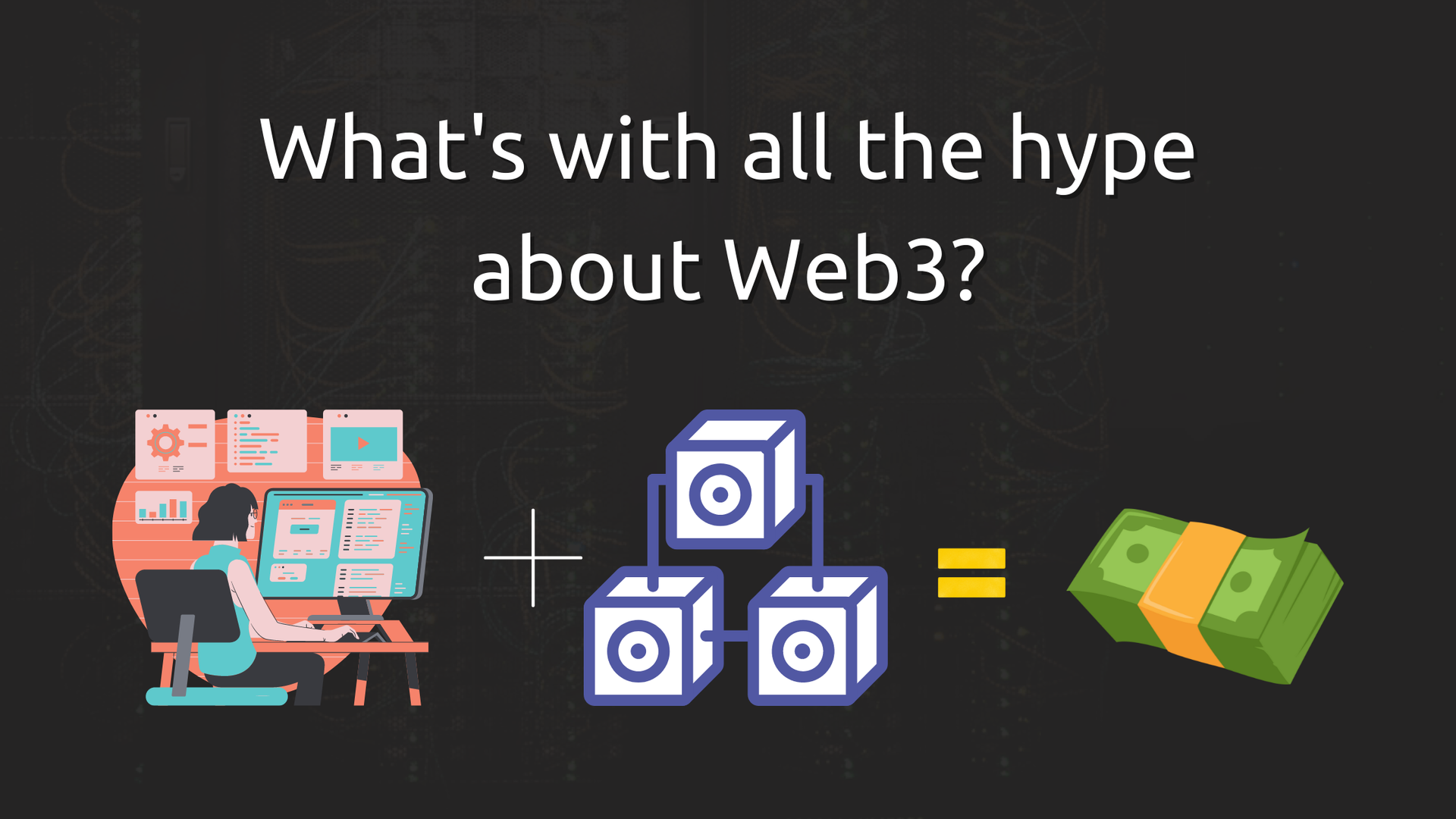
A couple of days ago I've started to see the word "web3" a lot. It started on Twitter but eventually spread to YouTube and I've succumbed to it. I've fallen down the web3 rabbit hole.
Thankfully I'm out of it and would like to share my discoveries and opinion on why web3 is really game-changing.
The Phases of Web
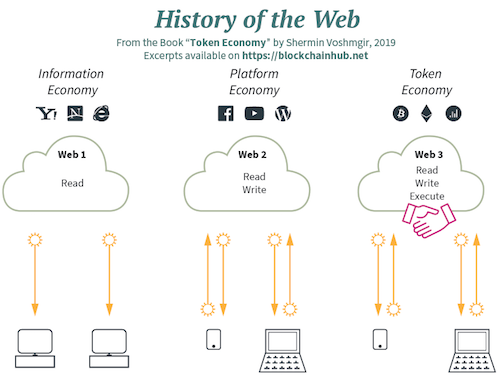
We can't talk about web3 without first mentioning web1 and web2.
So let's quickly go over them.
The first web browser and website were made in 1989 by a British scientist named Tim Berners-Lee. He made the first web browser that showcased HTML. It was called the NeXT Browser.
You can still check out the site here.
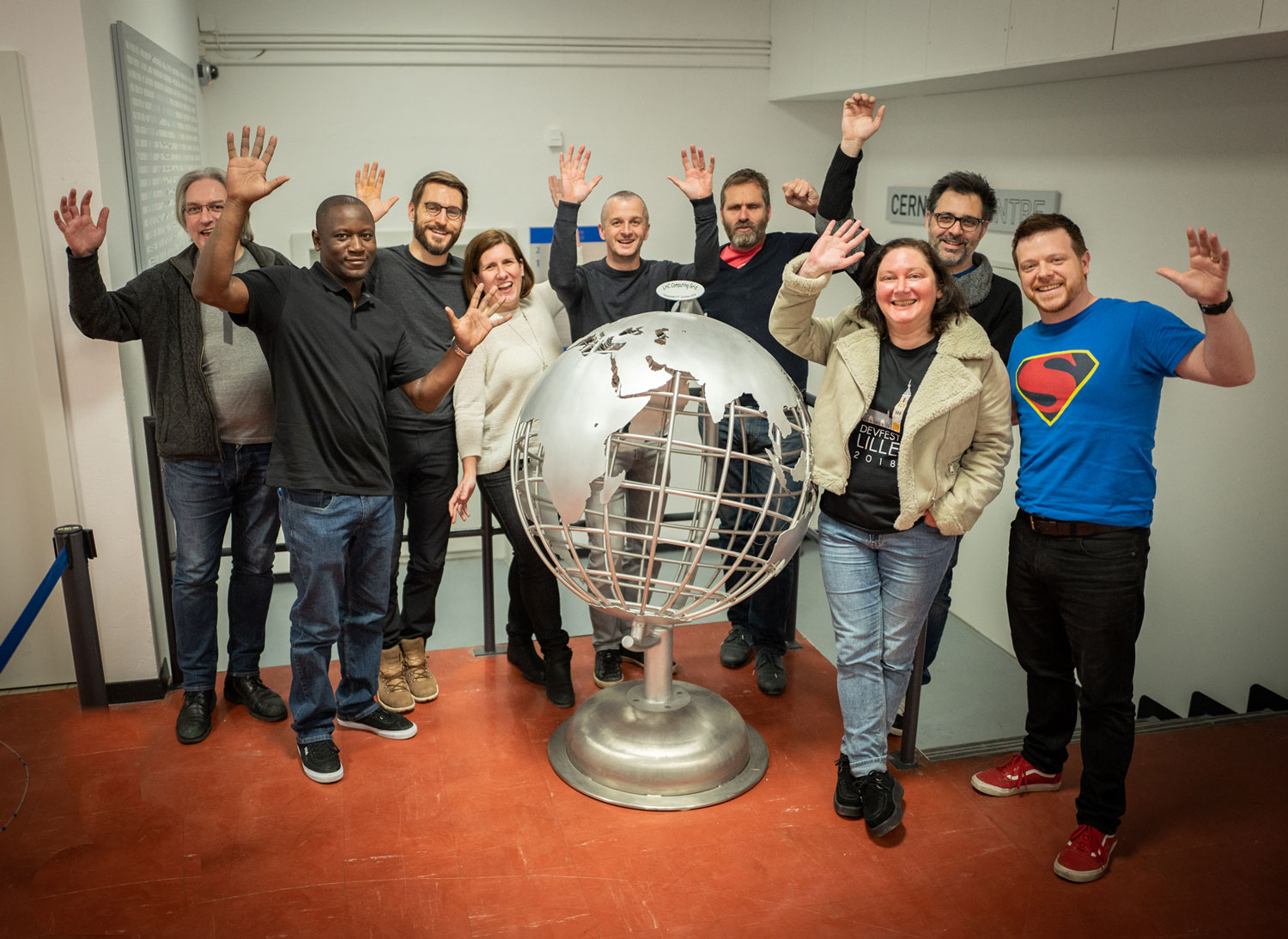
Anyways this was the time of read-only sites. Sites only served static content.
As computers and the internet became more widespread. People started seeing more opportunities on the web apart from simply having static content.
Web 2.0 was born.
It has added a new feature.
Write.
Essentially content on the web was dynamic. Most sites nowadays are part of web 2.0 because you have the ability to alter data on the site. Let's take YouTube, for example, YouTube is simply a video streaming platform that allows people to upload videos on it. Unlike web 1.0 where people could not read sites. People now can read and write.
You're probably seeing a trend.
Every iteration added a key feature. Web 1 had only read, web 2 has read and write. So what does web 3 have that we don't?
It's trust.
Web3
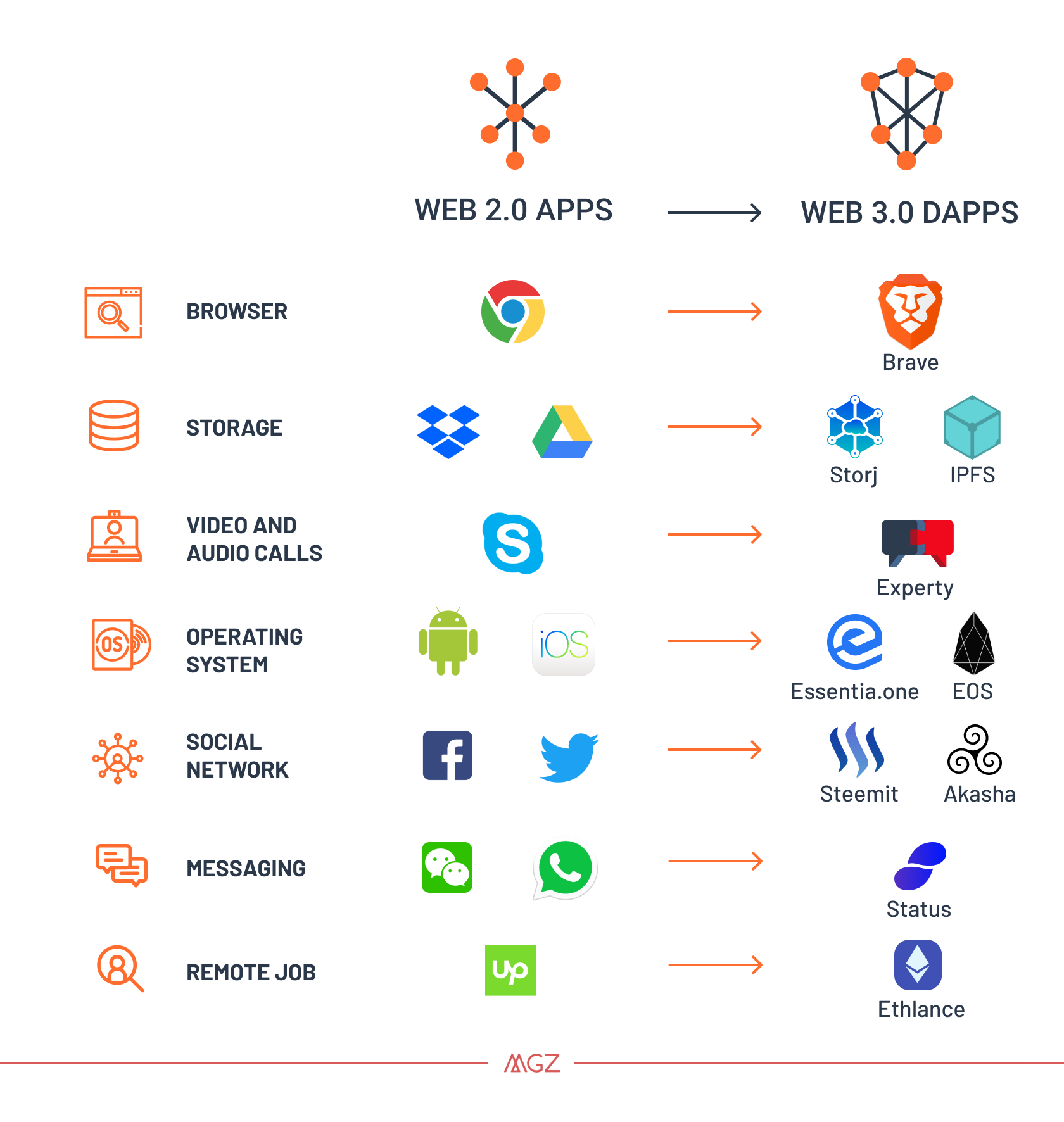
Currently, we don't control our data, it's mostly controlled by big corporations.
Facebook knows more about you than your own family members.
Ever wondered how these "free" sites make money?
They sell your data to advertisers. I'm not here to discuss the ethics of all that but the point is that we don't have control of our data.
There's this one quote that fits perfectly:
If you're not paying for the product, you are the product
This is where web 3 comes, it brings trust to the table.
It gives us control of our data.
But how does that work in reality?
We still need websites and websites that have databases that are stored in servers located in some warehouses that are owned by some corporation?
Web3 works on peer-to-peer technologies. What this basically means that we don't have huge servers with data. Every user will have a portion of the data, and the collection of all users will be the whole dataset.
So instead of corporations or governments owning your data. Your data is public and is owned by you.
As cliche, as it sounds web 3 goal is to create a decentralized internet. Internet with no filters and not owned by anyone.
Blockchain in the picture
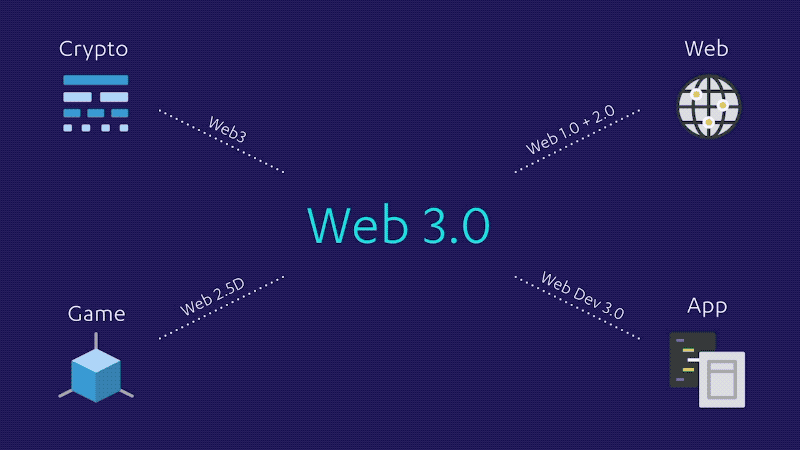
Web3 is not something new. But as far as I understand back then it wasn't feasible due to monetary reasons. Corporations were needed to build products, pay for servers, manpower, etc... But with the shift of finances with blockchain. This has opened the possibility of having a decentralized internet.
Imagine having Uber and not having to pay any fees to Uber. Both the customer and the driver will have a more pleasant experience.
But how does this work?
So blockchain has introduced the concept of smart contracts.
Smart contracts are simply programs that run on the blockchain network that run when predetermined conditions are met. The conditions are agreed upon by the buyer and the seller. For example, you could have a buyer agree on a contract for the seller to take him to some location and then some crypto will be transferred over from the buyer to the seller. If this ever works, then we will have no need for Uber, Lyft, etc...
Smart contracts allow anonymous parties to engage in trusted transactions with the need of a legal entity.
The Hidden Movement
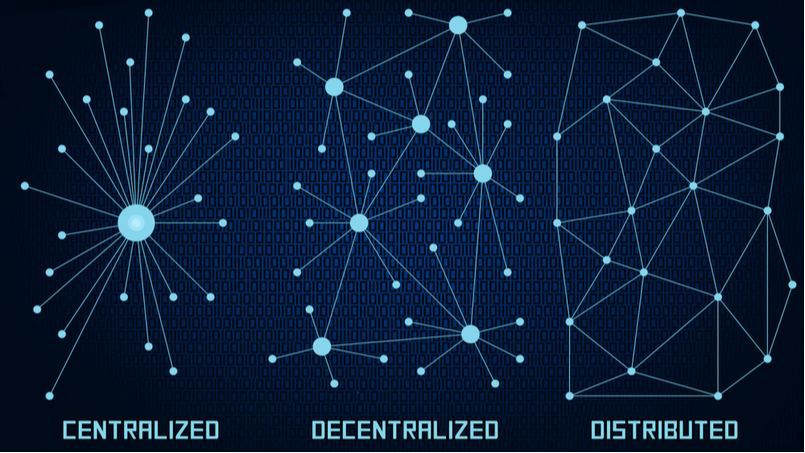
Underneath all of this, there is a bigger movement.
It's decentralization.
We are currently seeing three big waves that all complement each other.
- Financial institutions are being disrupted by Blockchain/Cryptocurrencies.
- The internet is being disrupted by Web 3.
- The decentralization of data will disrupt many corporations and server providers.
I personally don't know whether this is good or bad, but what I know is that it certainly is fascinating.
If successful this movement will change how we interact with the world.
What does this mean to developers?
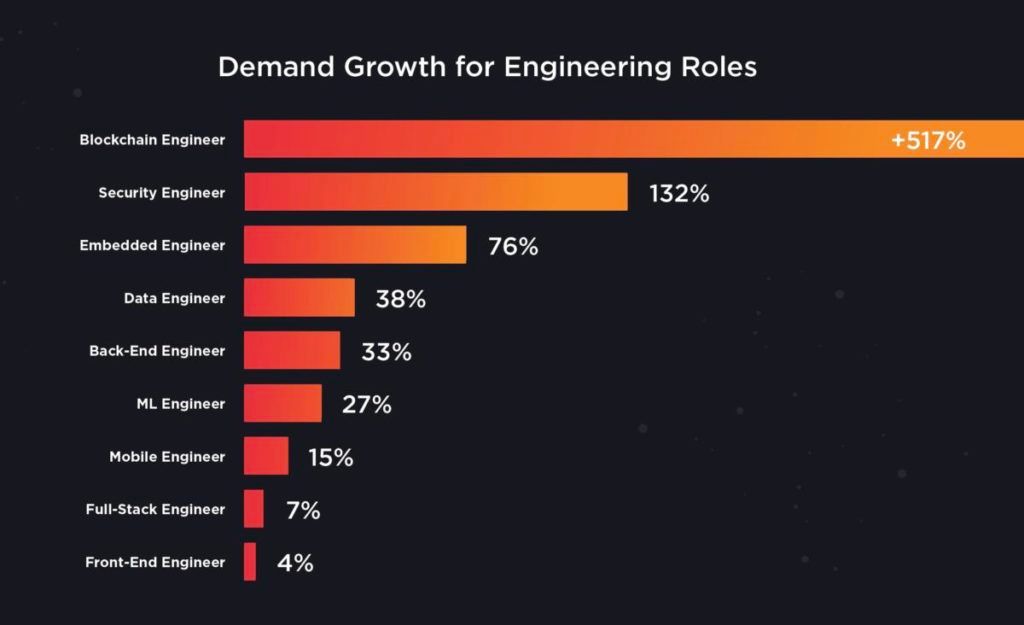
If any of this comes to fruition, then I suspect the ability to program will be required in all schools.
I don't think this will make the market oversaturated because programming isn't for everyone. Many people will try to be programmers but fail or be one of the "average" with decently paid jobs (I'm not sure if this will be true in the future because the standards are becoming higher and higher every year). If you are a good software engineer who consistently learns and challenges yourself you will thrive and have success.
In a nutshell, nothing much will change apart from we will have a whole lot of new jobs and fields.
But there is a change of things going big, the next billionaires might take this chance to create a product in the web3 sphere and hit the market fast.
Conclusion
This is very fascinating, we are at a time similar to when the internet started. There are no big players in the game of web3 yet and there is a chance we could be the first ones.
I believe this is an opportunity where you could make a lot of money if done right.
I probably won't be a blockchain developer, but if my interest raises who knows?
Thanks for reading.
No spam, no sharing to third party. Only you and me.


Member discussion